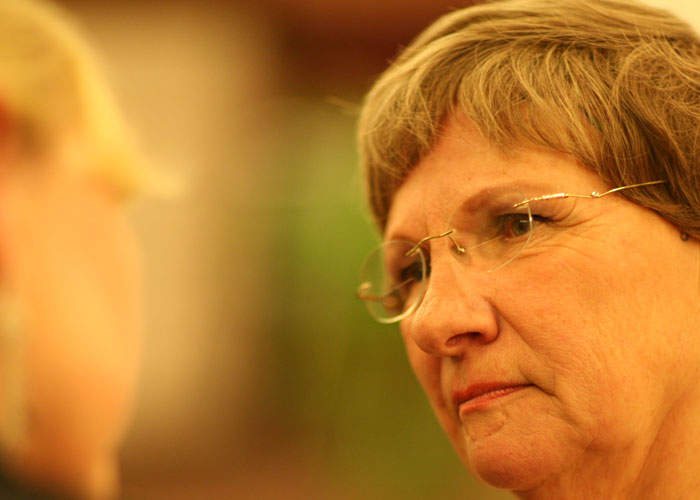Clinical Social Work
I am guided by several key principles in my work as a social worker and psychotherapist in my personal counseling practice.
For me, the personal is political in that one cannot separate problems and concerns that arise in a counseling setting from social, economic, and environmental realities.
I regard pathology as stemming from outside the client, with societal standards and norms influencing material conditions and psychological issues.
Complying with the pressures of how a relationship is defined, beliefs about what makes a marriage work, and how an employee is expected to function impacts the way people view themselves and others. For example, gender expectations often drive a marriage or partnership; hierarchical systems in the work environment can create resentment and feelings of not being appreciated.
Anxiety and fear underlie intimidating circumstances. Imbalance and lack of equitable relationships leave a residue of unfinished business and unspoken truths.
Serious diagnostic realities do exist, and medication can thwart disorder. Depression and suicidal thoughts can be treated with both medication and psychotherapy.
It is important not to define a person by one trait because people are complex, usually trying to cope with loss, transition, and change. These are difficult realities for many.
I try to honor my clients’ experience, to believe them. I view empathy as the path to connection.
Connection and relational theory drive my experience with clients. I try to remove, as much as possible, the built-in hierarchical nature of our relationship.
The markers of a good connection with others include engagement, empathy, mutual empathy, relational authenticity, mutuality, empowerment, and mutual empowerment.
Recognizing cultural differences and diversity is essential for this connection.
Mutuality means it is understood that we are both affected by being with each other. Our work represents the opposite of power and control practices and is designed to thwart isolation.
Advocacy means helping people connect with systems and with others to develop a sense of community, which supports life.
Integral to working with others in any setting is understanding that no one is perfect; we all make errors in judgment at times. This is the human condition.
What we can do is try to be the best we can be at helping others and ourselves.
